1. Almost a year has passed, I still remember that late afternoon, the highlands of Thuong Long (Nam Dong) were strangely quiet. When informed that we were visiting, Ms. Ka No - Head of the "Exchange of Labor Days" group in village 8 invited a few more women in the group to get ready to welcome the guests. From the first look, the guests and hosts felt familiar with each other. Before the guests could even drink the pot of green tea, there was a basket of delicious sugarcane waiting. The ethnic minorities in the highlands are like that, affectionate and sincere! Ms. Ka No said, then the whole group shared and gave more comments very lively.
Farming, planting rice, harvesting acacia… all the work requires labor. During the harvest season, everyone is busy and urgent, but each Co Tu family in this difficult mountainous area does not easily have cash to hire workers. So this labor exchange group was born, and in the blink of an eye, it has been more than 3 years.
Ms. Ka No said that the group gathered 23/89 women members to help each other with farm work and take on the work of families. I remember, the time book that Ms. Ka No showed me clearly recorded: July 2 - harvesting rice for Mrs. Ban's house (5 working days), August 5 - harvesting acacia for Mrs. Chin's house (7 working days)... She said that the wages were very cheap compared to the market price, the highest was only about 50,000 VND/working day. Workers only received 5,000 VND for breakfast, the rest was contributed to the association's fund.
Over the past 3 years, the fund has reached tens of millions of VND. A part of it is for women in the group to borrow (5 million VND/capita) to buy breeding animals and develop livestock farming with low interest rates. Dozens of people have been able to borrow and then everyone will be able to borrow. The income from fundraising is also used to help those who are sick and in difficulty with a rate of 200,000 VND/person. Then there is organizing tours. Talking about this, the whole group is very happy and excited...
Ms. Tran Thi Lut, President of the Women's Union of Thuong Long commune, boasted: The "Exchange of working days" group of village 8 was established as a result of the mobilization of the women's union at all levels. Thuong Long commune alone has 4 groups. "Exchange of working days" groups have also been established in many ethnic minority communes in the district, such as Thuong Lo, Huong Huu, etc.
2. Nam Dong district has nearly 50% of the population being ethnic minorities, mainly the Co Tu people. They mainly live in remote, mountainous areas with the main jobs being livestock raising, farming, forestry, fruit tree planting, rubber plantation... These jobs are seasonal and unstable. Many limitations in old customs mean that even though life has improved a lot, people are still basically disadvantaged, disadvantaged in terms of living conditions, business skills and aspirations to rise up. They really need help from many sides. Remembering during the meetings, Ms. Hoang Thi Loan, President of the Women's Union of Nam Dong district, was worried.
Talking with Ms. Loan, what I felt was that the women's union is always a companion. Projects or movements for women in ethnic minority areas often start from very practical and also very "sensitive" issues. For example, the issue of family financial management. It is not too big in the lowlands, but it is an issue for the "household ministers" of ethnic minority families. Not only opening classes, the women's union also mobilizes women to participate in the training class "Household financial management". Then, after participating, an ethnic minority woman in Thuong Quang commune enthusiastically shared that now she knows how to manage money, the benefits of saving are extremely necessary and even though she is very young, she still has to have a financial plan to take care of her old age. For a long time, because she spent every penny she earned, it was only right that she would remain poor.
Reviewing women's activities in the area aimed at ethnic minority women, from economic movements such as starting a business, building a linkage model, eliminating hunger and reducing poverty... or social issues such as "Shelter of Love", environmental protection... to general movements such as women participating in building new rural areas, we can see the comprehensiveness and effectiveness. It is worth mentioning that women's associations at all levels in Nam Dong always know how to build good models, good examples as a way to mobilize and spread to the community.
Many people know that Ms. Nguyen Thi Bong's family used to be eligible for investment support policies to eliminate hunger and reduce poverty. Sensing her desire to overcome difficulties, the local women's association encouraged her to participate in training courses and created conditions to support capital for business. First, raising livestock, then expanding to afforestation and grocery trading. Ms. Bong studied hard and diligently applied it in practice with preferential loans. Currently, her family has 15 hectares of rubber and acacia, a mixed livestock model and a business store. The estimated income is nearly 300 million VND/year, creating regular jobs for 5 local workers.
Ms. Ho Thi Xong, President of the Women's Union of Thuong Quang Commune, calls Ms. Bong's general store in Village 2 the "supermarket" of the commune, because there are always many items available. Ms. Xong also believes that the most effective way to mobilize ethnic minority women is through real people and real work models that have a wide impact in the community.
3. It is difficult to compare with women in the lowlands in many aspects, but what is easily seen in ethnic minority women in Nam Dong is the desire to integrate and overcome themselves.
According to Ms. Tran Thi Sang, President of Huong Xuan Women's Union (Nam Dong), the area has both ethnic and Kinh women living, so it is not difficult to mobilize ethnic minority women to participate in activities. For example, they have a lot of forest, but do not know how to spend it, so it is not effective. The Union mobilizes them to join the association, provides training, equips them with knowledge and improves their labor skills, knows how to manage money and spend reasonably, so many ethnic households have become visibly better off. So they like it, enthusiastically follow it and spread it from one person to another.
Ms. Tran Thi Lut, President of the Women's Union of Thuong Long commune, shared the same thought when confiding: It is not difficult to mobilize ethnic minority women to participate in activities because in the highlands, there is still much isolation, if they do not participate in the association, they will feel lost. In fact, every meeting is crowded, the women are raised awareness about farming, raising animals, and raising children; through that, they discuss difficult issues in the family. According to Ms. Lut, to make it easier for people to remember and understand, the State's policies are often "recited" through the customs of the ethnic minorities so that everyone can remember them for a long time.
Thinking again, when mobilizing the organization of the model of "Exchanging working days", Ms. Hoang Thi Loan and the women working in Nam Dong remembered the custom of "Ro ving" of the Co Tu people. It is said that, since ancient times, the Co Tu people have had the tradition of "Ro ving", exchanging each other's working days to survive and develop, which is also the most effective method to complete a job, saving time and effort of each person. According to the Co Tu language, "Ro ving" is not only a form of helping and exchanging work for each other in the living environment and production work, but also a bond, love, solidarity and mutual support that the Co Tu people have preserved from generation to generation.
Inspiring and promoting traditional values and ancient customs in mobilizing ethnic minority women to boldly change their thinking and ways of doing things in economic development and cultural activities, I think women's movement is the most practical way that can be felt from Nam Dong today.
Source





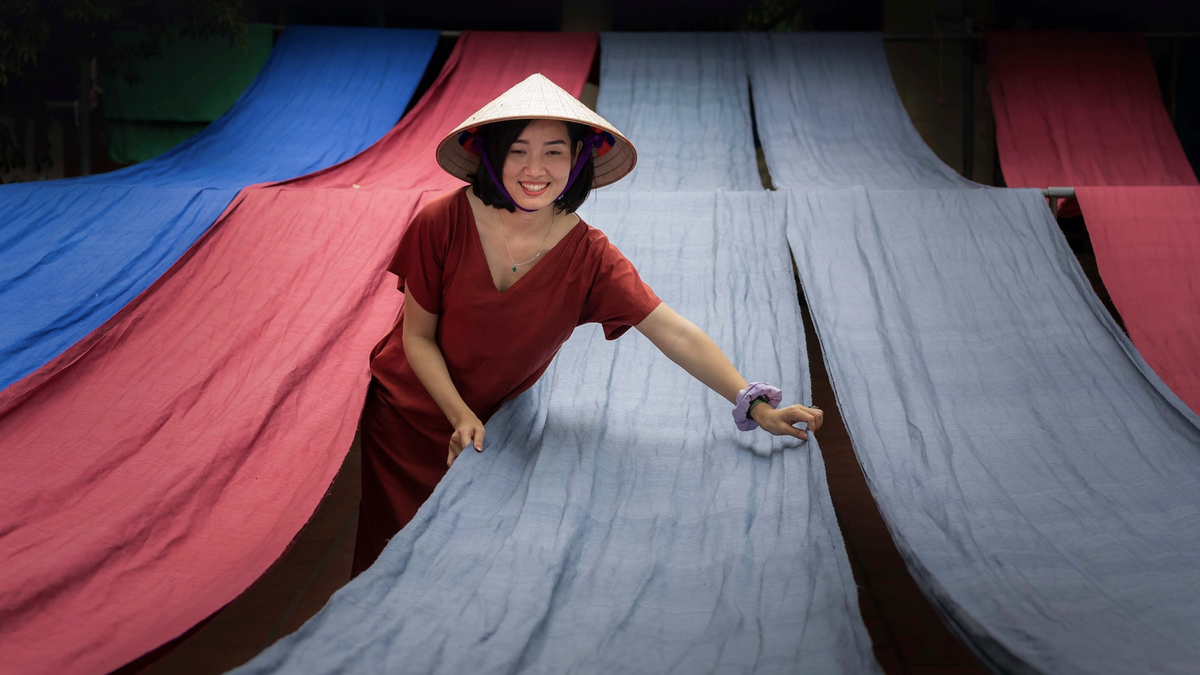

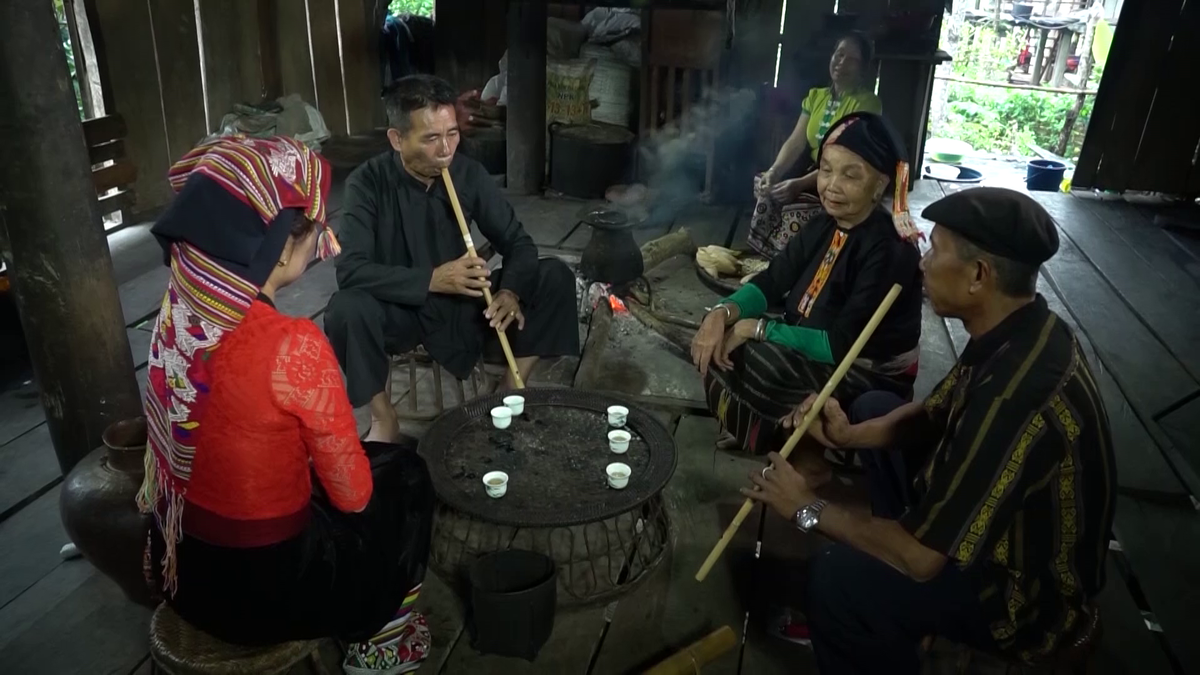


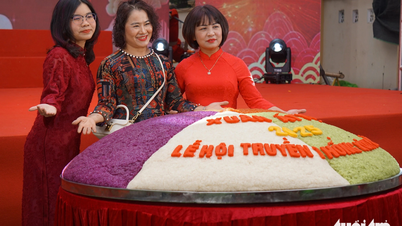












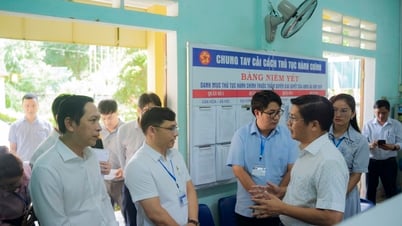
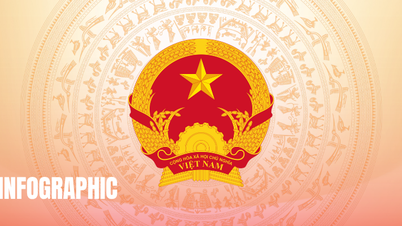

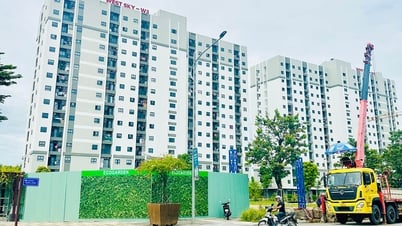
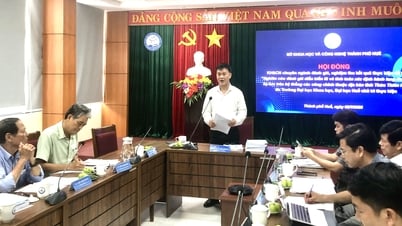
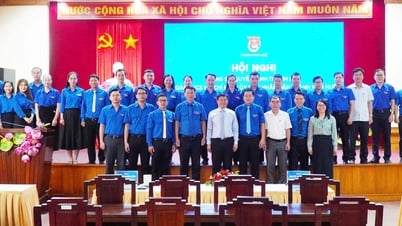
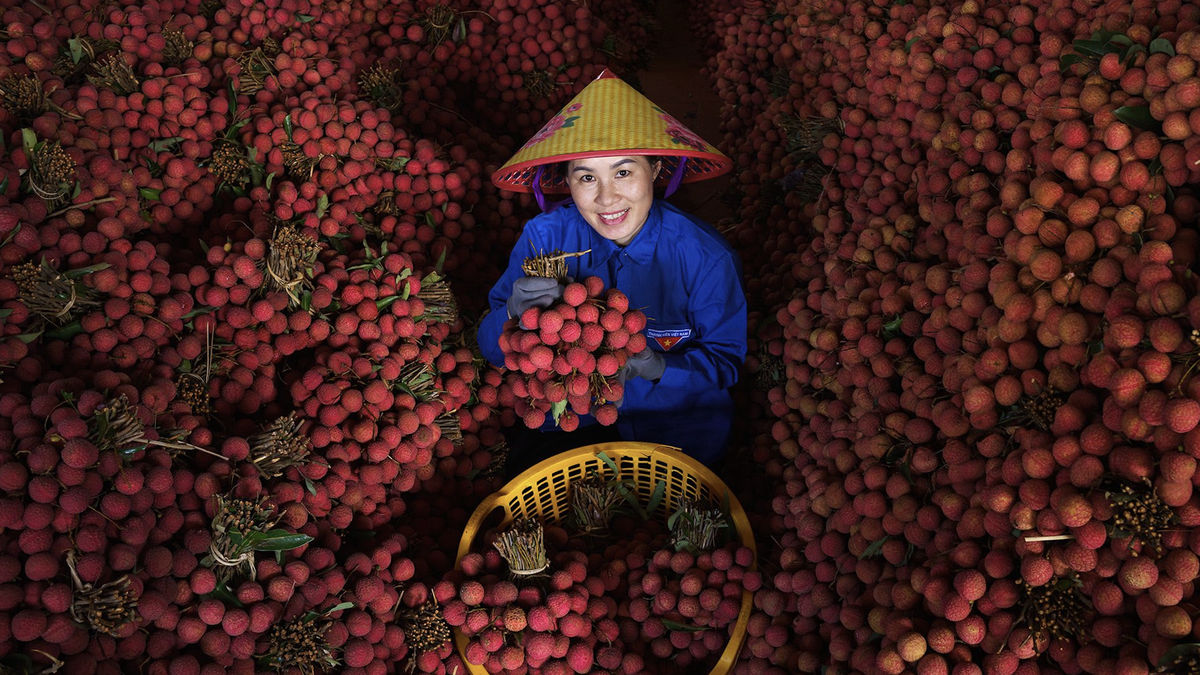
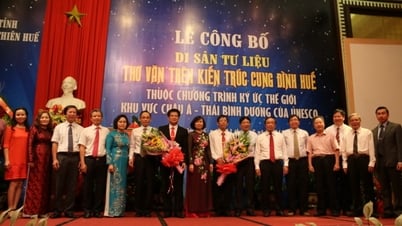
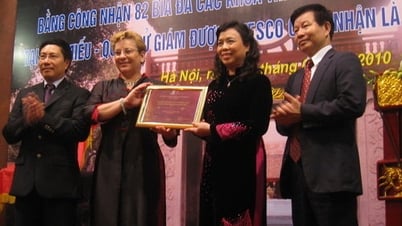

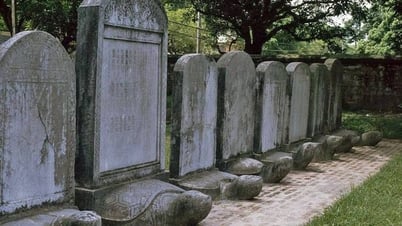

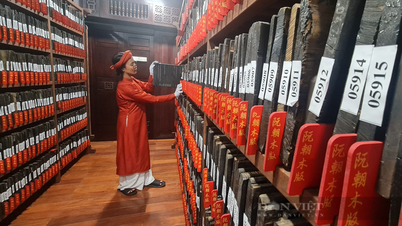





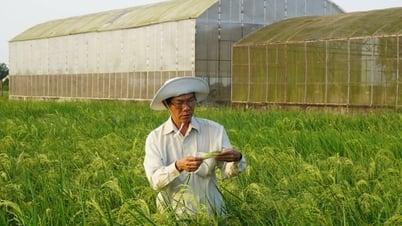

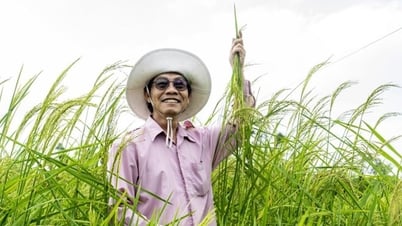
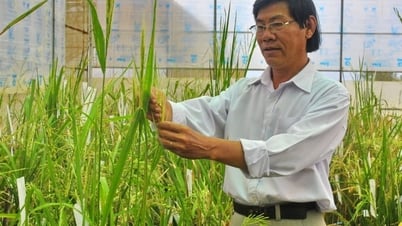
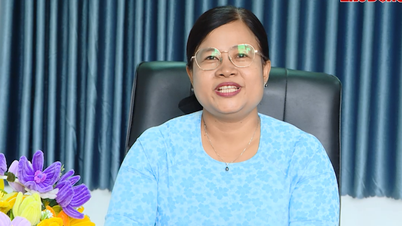


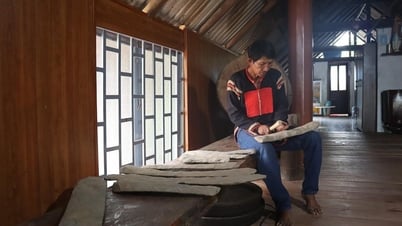

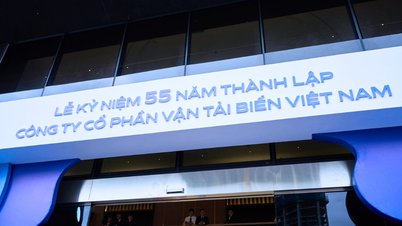



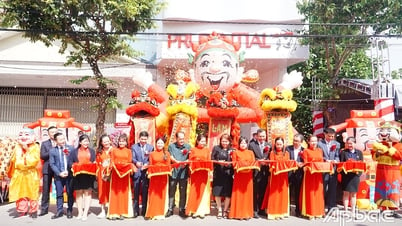



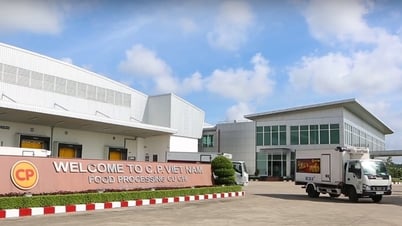


![[Photo] General Secretary To Lam attends the launch of 3 digital platforms serving the implementation of Resolution No. 57-NQ/TW](https://vphoto.vietnam.vn/thumb/402x226/vietnam/resource/IMAGE/2025/7/2/d7fb7a42b2c74ffbb1da1124c24d41d3)


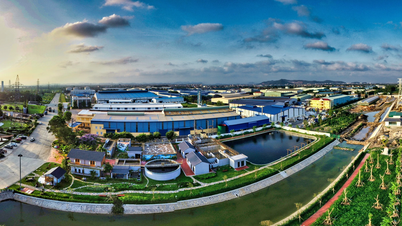



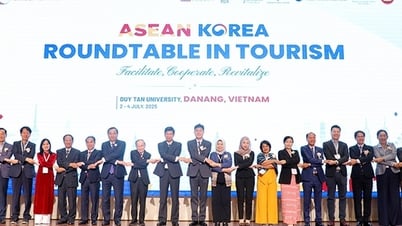
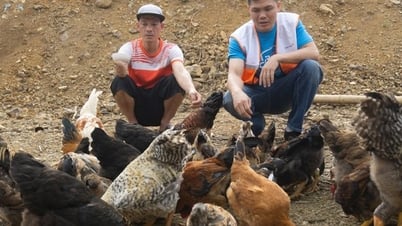
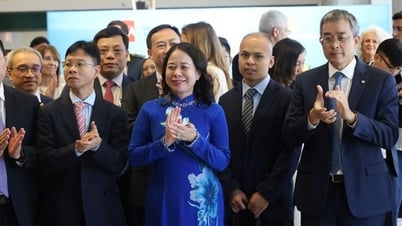


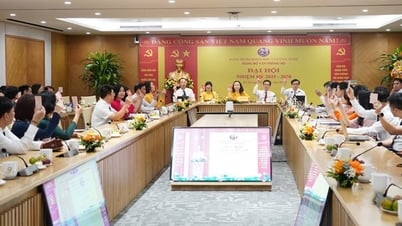






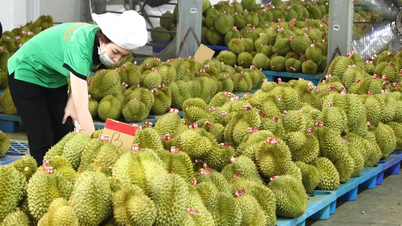

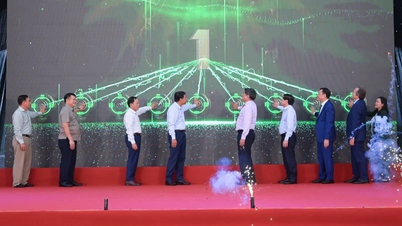
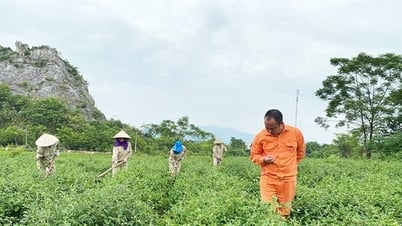

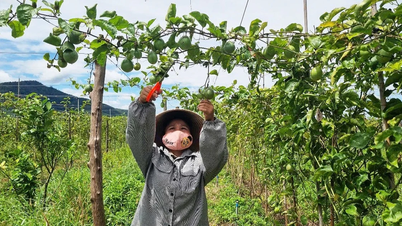



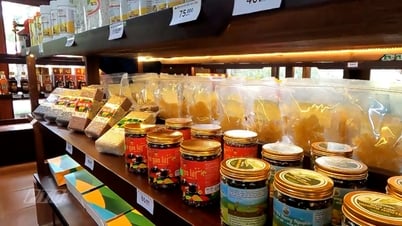



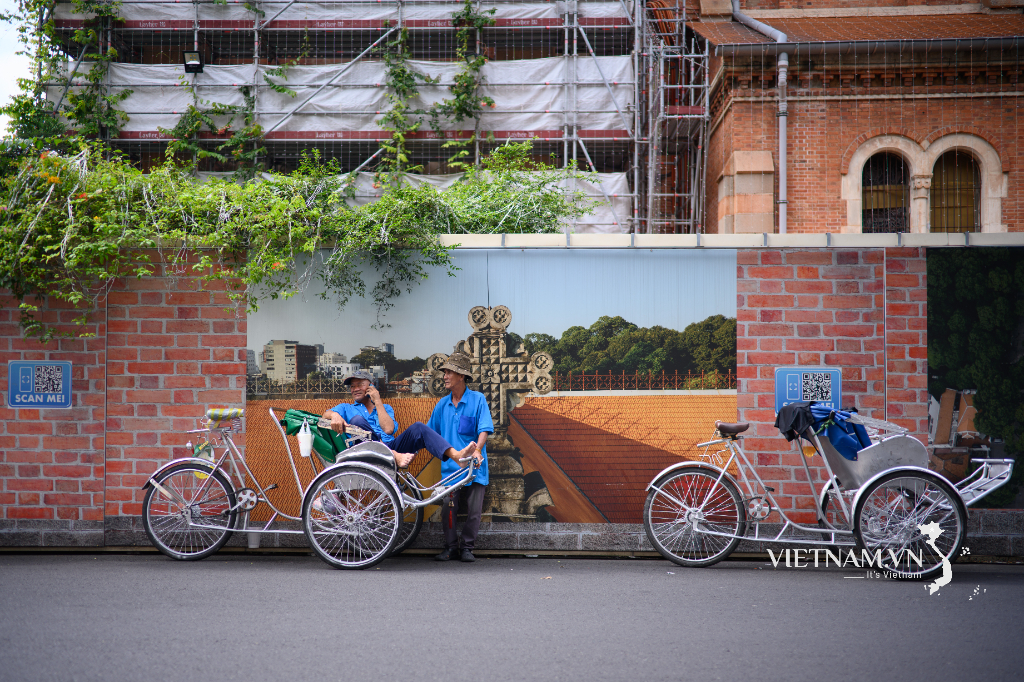


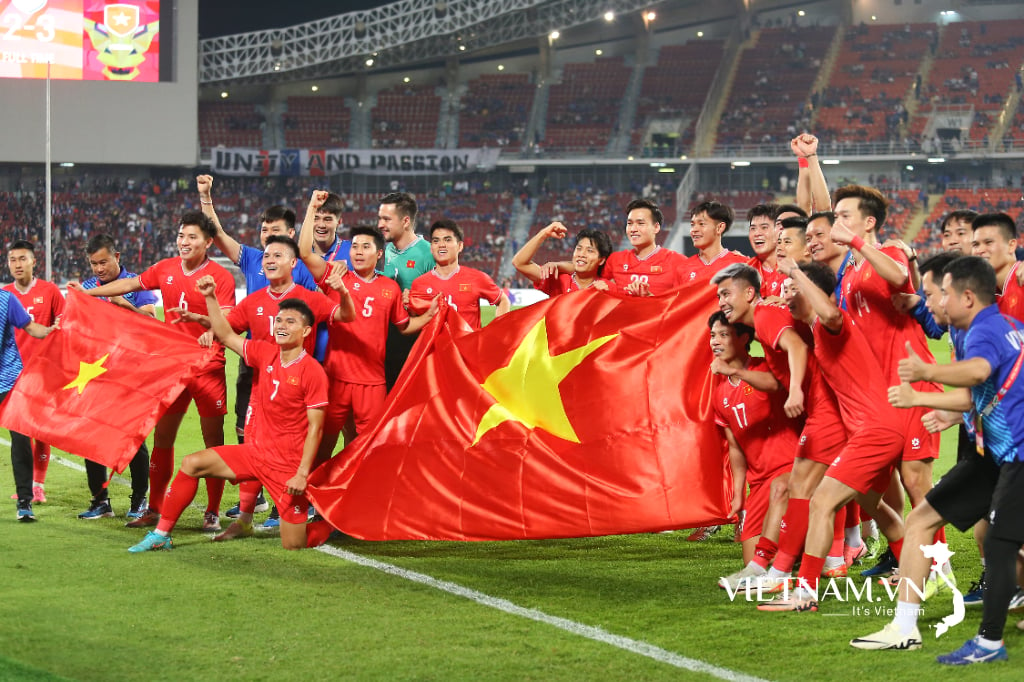
Comment (0)